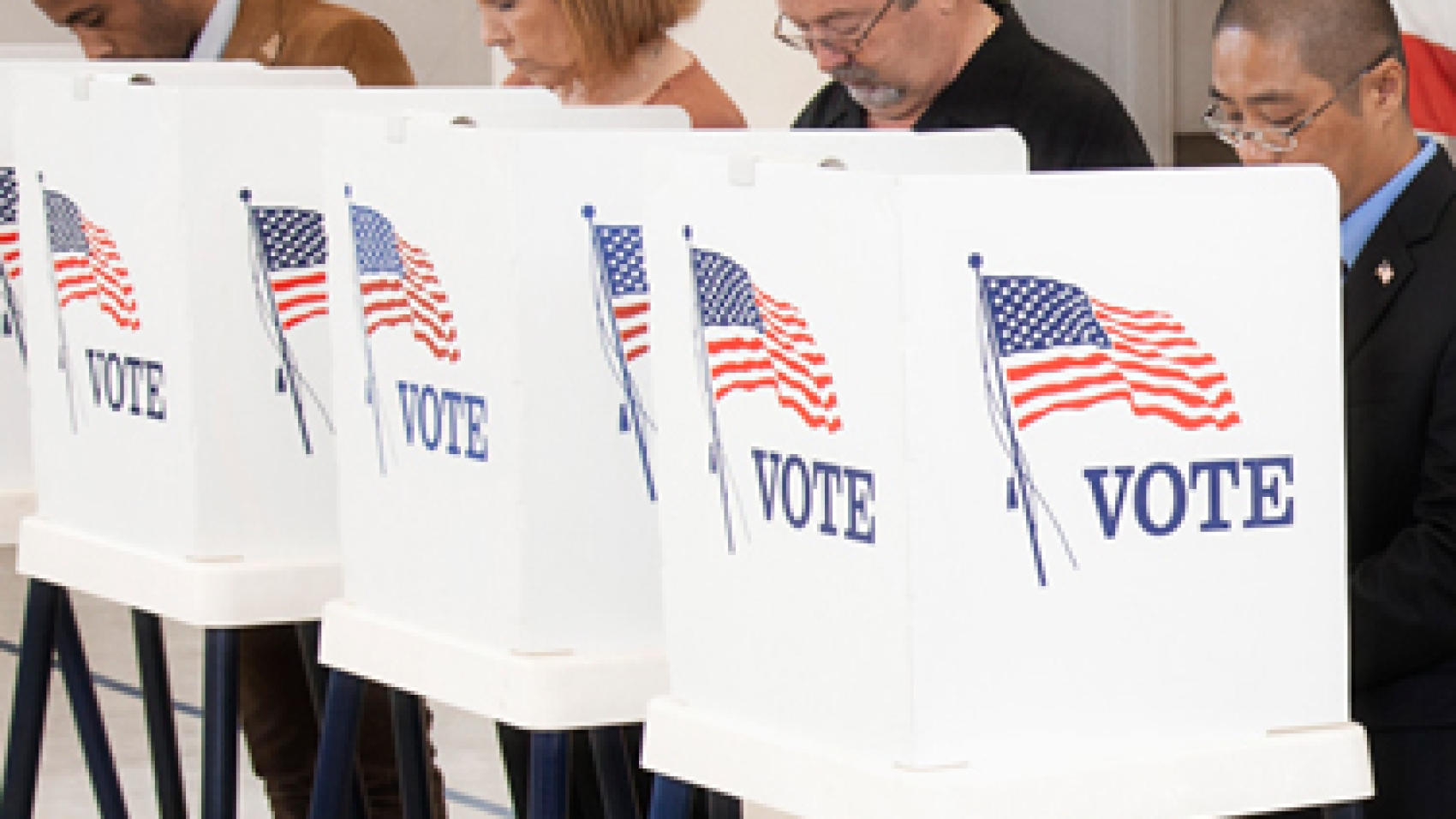MILEY CYRUS IN VANITY FAIR
Is Miley Cyrus following in the footsteps of Britney, Paris, and Vanessa Hudgins by posing for provocative photos that circulated on the Internet last week, as well as those from a suggestive Vanity Fair photo shoot in which she’s wrapped in a satin sheet and appears to be nude?
To our tweens and teenagers, it must seem like this kind of behavior is a winner. Kids know it’s unlikely that the photo shoot, especially by someone as stellar as Annie Leibovitz,will throw a monkey wrench in Miley’s career. After all, hardly anyone had ever heard of Paris Hilton before her sex tape, and Britney’s posing without her panties hasn’t hurt her either. The truth is, and kids know it, release of these photos may actually throw her career into overdrive. Miley has apologized and said she’s “embarrassed” about the whole affair.
Miley’s embarrassment and apology offer parents a great opportunity to discuss with their kids the pros and cons of posting photos to social network sites. The Vanity Fair photos are actually tame compared to what some girls post without their parents knowledge. I recently had a workshop participant whose 11-year-old daughter had herself videoed in a bra, draped over a sports car, and posted it to her MySpace page. While kids are savvier about technology than their parents, they aren’t emotionally mature yet and don’t have a clue about the consequences: they don’t realize that a photo can come back to haunt them when they’re trying to get a job or applying for college, or worse, being stalked by an online predator.
I urge parents to treat their children responsibly, rather than handing down a decree. Use Miley’s experience to open a discussion about what’s a good idea long-term, about privacy, about the risk of online predators. Ask your teen to consider “could this be bad news for me later?” Start a conversation with your teen rather than trying to police them.
Just as with alcohol and drugs, parents need to load up their kids with ammunition to understand that when they communicate on sites like MySpace and FaceBook, they are communicating to the world.
We all instinctively know the difference between a photo that sends a message of youthful life and vitality vs. photos that sexualize a child, as does the Vanity Fair shot. I would certainly question the photographer’s judgment; posing a 15 year old in a sheet is going to send a sexual message that conflicts with the squeaky clean image more appropriate to her age. When People magazine did a survey, 77% thought the photos were inappropriate for a girl her age. In our country, where recent statistics demonstrate that sexual abuse of girls is approaching 60% and boys 45%, it would seem smart to err on the side of caution and encourage our kids be kids as long as possible.





